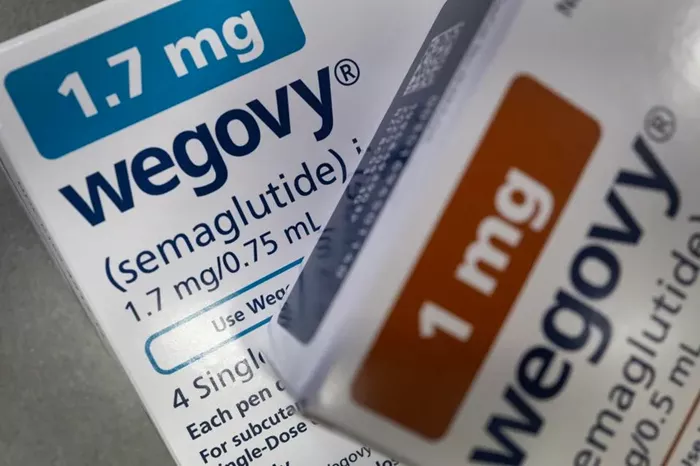A recent survey by the International Foundation of Employee Benefit Plans (IFEBP) reveals that many U.S. employers remain hesitant to cover glucagon-like peptide-1 (GLP-1) drugs for weight loss. The surveyshows that 55% of employers cover GLP-1s only for diabetes, while just 36% cover them for both diabetes and weight loss. Among those covering GLP-1s solely for diabetes, only 17% are considering expanding coverage to include weight loss. Overall, the findings highlight widespread reluctance to reimburse these medications for obesity treatment.
GLP-1 drugs work by activating receptors that control insulin release, suppress appetite, slow stomach emptying, and increase feelings of fullness. Despite their effectiveness, employers remain concerned about the impact on pharmacy budgets. In fact, weight loss GLP-1 medications make up an average of 10.5% of total annual drug claims according to the 2025 survey data.
Some insurers are changing their policies amid rising costs. Blue Cross Blue Shield recently announced it will stop covering GLP-1s for obesity in standard plans starting January 2026. In contrast, Cigna will begin capping out-of-pocket costs at \$200 per month for patients using Wegovy (semaglutide) and Zepbound (tirzepatide) from next month, aiming to encourage more employers to offer coverage. The financial details of Cigna’s deal are not public, but the move suggests they secured significant cost reductions.
Novo Nordisk, a leading pharmaceutical company, also announced a new partnership with CVS Caremark, the nation’s largest pharmacy benefit manager. Starting July, Wegovy and Saxenda (liraglutide) will be preferred GLP-1 options on CVS’s largest commercial formularies. This change will reduce access barriers like prior authorization and lower patient cost-sharing, though exact out-of-pocket expenses remain unclear. Most patients with obesity drug coverage currently pay less than \$100 monthly.
These arrangements with Cigna and CVS may help lower net prices for employers, potentially leading to broader coverage in the future. Additionally, under the Inflation Reduction Act, the federal government will negotiate prices for Ozempic (semaglutide) and Wegovy, with maximum fair prices expected to be published in early 2026. These negotiations could bring even deeper discounts.
Novo Nordisk and Eli Lilly, the two main manufacturers of GLP-1 weight loss drugs, are also expanding direct-to-consumer sales. Novo Nordisk’s CVS pharmacy offers Wegovy for \$499 per month for uninsured patients with a prescription. Eli Lilly runs LillyDirect, a program that allows uninsured or underinsured patients to buy Zepbound directly, also at \$499 per month for high-dose vials.
These direct-to-patient strategies have gained popularity since the FDA removed semaglutide and tirzepatide from drug shortage lists. Novo Nordisk recently launched NovoCare Pharmacy, providing Wegovy at \$499 monthly for uninsured patients. Other providers like Ro, LifeMD, and Hims & Hers offer Wegovy with monthly fees ranging from \$499 to \$599.
While many employers still do not cover GLP-1 drugs for weight loss, lower net costs and increased availability through partnerships and direct sales could influence coverage decisions going forward.
Related Topics:
Floyd Mayweather Blasted Over Fitness Club Lawsuit


